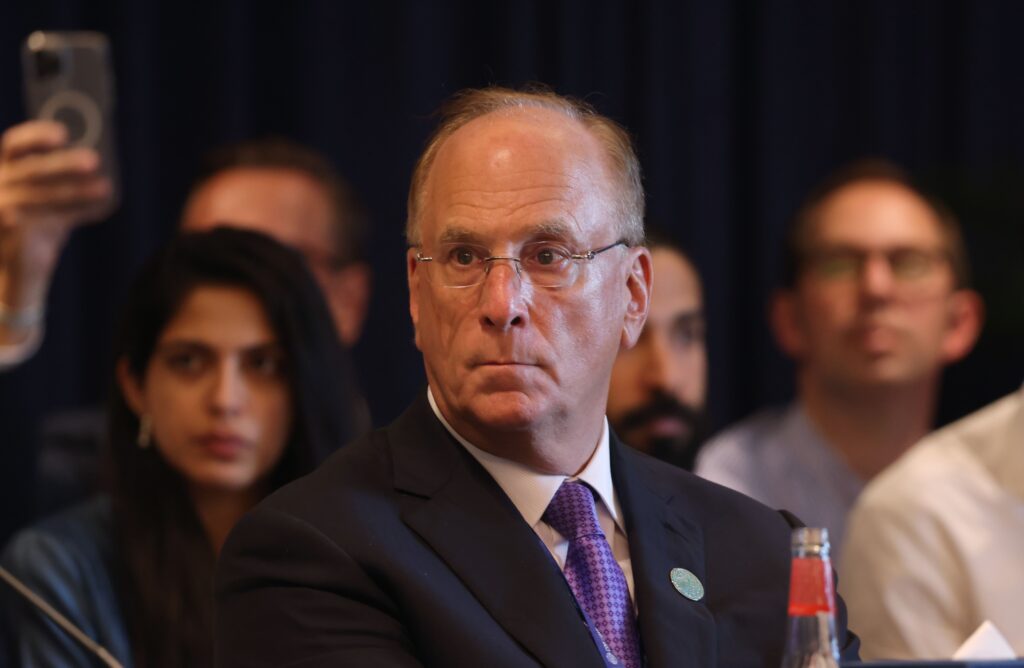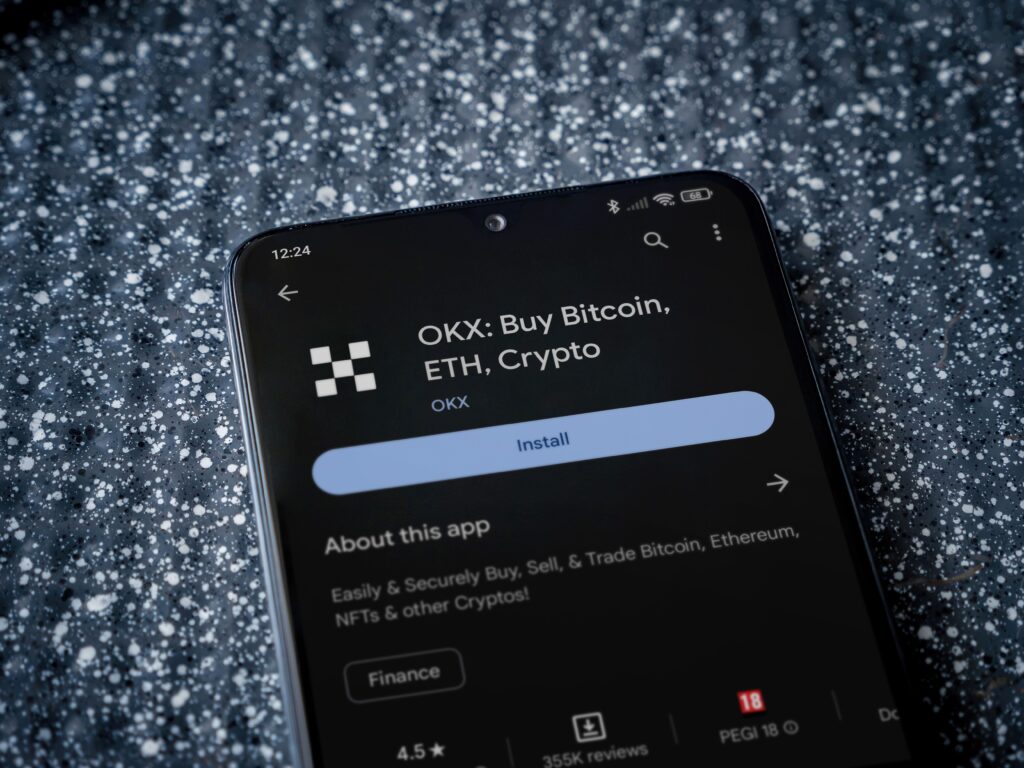The Dual Nature of Digital Assets
BlackRock’s CEO, Larry Fink, remains a strong advocate for digital assets, yet he acknowledges the looming threats that Bitcoin (BTC) may pose to the traditional financial landscape, particularly the U.S. dollar’s status as the world’s reserve currency. In his recent annual letter to shareholders, Fink emphasizes the importance of recognizing both the opportunities and risks that come with the rise of cryptocurrencies.
The U.S. Dollar’s Long-standing Dominance
“The U.S. has enjoyed the benefits of the dollar serving as the world’s reserve currency for decades,” Fink stated. However, he cautions that this dominance is not guaranteed to continue indefinitely. He highlights that if the U.S. fails to manage its national debt and if deficits continue to soar, there is a real risk that digital assets like Bitcoin could start to overshadow the dollar in the eyes of global investors.
Decentralized Finance: Innovation or Threat?
Fink elaborates on the transformative potential of decentralized finance (DeFi), noting that it can make financial markets more efficient, cost-effective, and transparent. However, he warns that as investors begin to perceive Bitcoin as a safer investment compared to the dollar, this innovation could inadvertently undermine the U.S. economic advantage. “I’m obviously not anti-digital assets,” Fink clarifies, but he believes that the rise of Bitcoin could have serious implications for the financial system.
Adapting to Economic Uncertainty
In light of the current economic uncertainty and investor anxiety spurred by recent policy changes under the Trump administration, Fink advocates for a diversified investment strategy. He suggests that investors should consider incorporating private market assets alongside traditional stocks and bonds to mitigate risks associated with an unstable economy.
The Future of Tokenization in Investment
Fink expresses his conviction that tokenized funds will gain recognition among investors, similar to exchange-traded funds (ETFs), provided the industry can establish a robust infrastructure for digital identities. He believes this is a critical barrier that must be overcome for institutional investors to fully embrace decentralized finance. “Every stock, every bond, every fund—every asset—can be tokenized. If they are, it will revolutionize investing,” he asserts.
BlackRock’s Pioneering Role in Digital Assets
In January 2024, BlackRock made headlines by launching a spot bitcoin ETF, the iShares Bitcoin Trust (IBIT), which became the most successful ETF in the history of the asset class, managing nearly $50 billion in assets—half of which comes from retail investors. Additionally, BlackRock introduced a tokenized money market fund named BUIDL, which is projected to surpass $2 billion in assets by April, positioning it as the largest tokenized fund currently available in the market.
Conclusion: The Path Forward
As the landscape of digital assets continues to evolve, Fink’s insights underscore the need for a balanced approach to investing in this new era. By recognizing both the potential of decentralized finance and the risks it poses to traditional systems, stakeholders can better navigate the complexities of an increasingly digital financial world.



